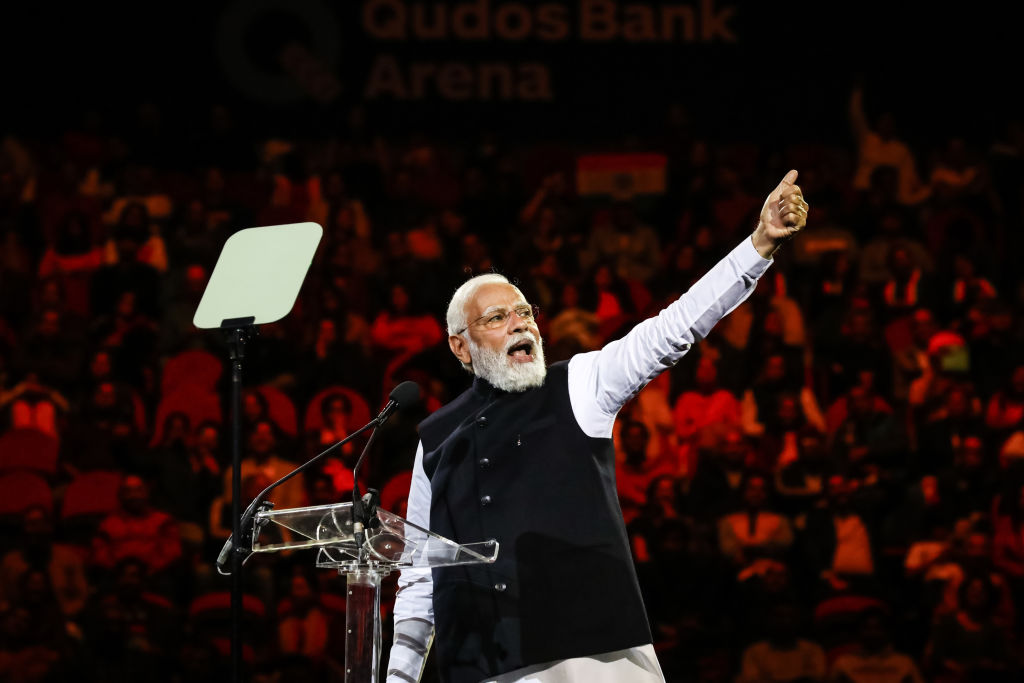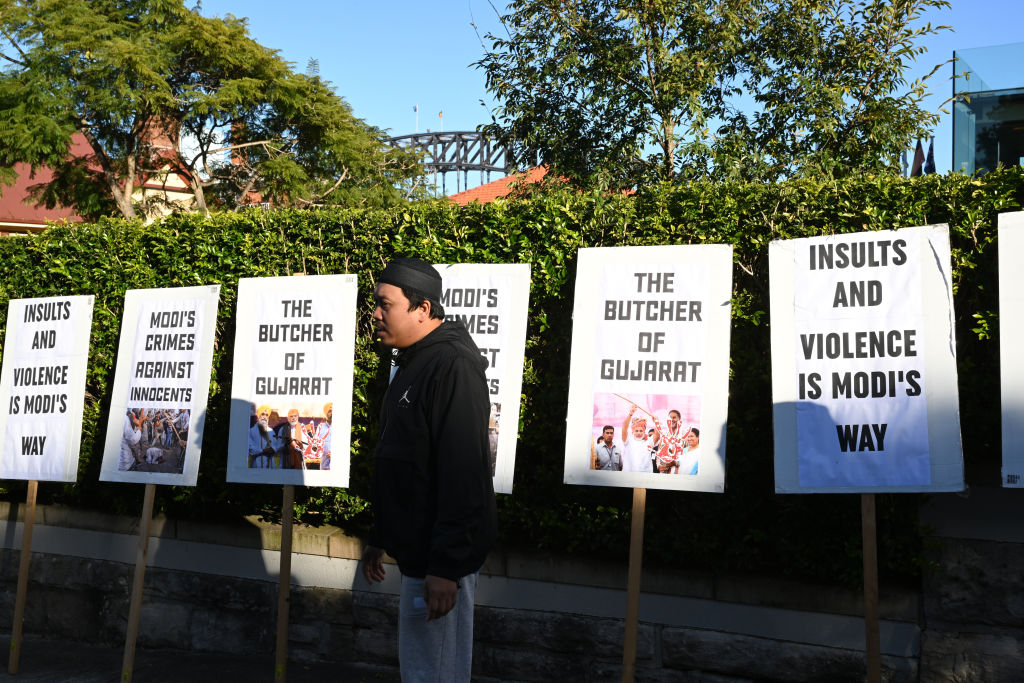- Thursday, April 24, 2025
The Australian government is facing questions over raising the human rights abuse issue with the Indian leader.

By: Shubham Ghosh
While Indian prime minister Narendra Modi’s ongoing visit to Australia has generated a lot of excitement, there is also another side to the story and it is about an intensifying push to raise issues of human rights abuse with the former.
Modi is currently in Sydney on a three-day state visit and is set to meet his Australian counterpart Anthony Albanese later on Tuesday (23).
The Australian government is facing questions over raising the human rights abuse issue with the Indian leader and when its deputy prime minister Richard Marles was asked whether it should be on the agenda, he said India was a large democracy that shared values with Australia, Canberra City News reported.
Khalistan extremism: Not convinced India, Australia are on same page, says Australian journalist

Speaking to reporters in Sydney on Tuesday, he said Australia had never had a greater strategic alignment with India than it has now. He added that both nations are “deeply invested in the collective security of the Indo-Pacific region”. Marles said these are driving a much closer relationship between New Delhi and Canberra.
After Modi’s Brisbane mission move, Australia says it will set up consulate in India’s Bengaluru
It also seems that the Australian leadership is not ready to equate India with China.
On Monday, Marles used a speech at a defence summit to remark that Canberra needed to confront “inconvenient truths” with China as it works to balance competing trade interests with the chances of a military conflict, The Canberra City News report said. It also added that when the deputy PM was asked whether Australia should approach the Indian relationship the same way when it comes to human rights abuses and crackdowns on free speech, he said the two situations were “very different”.
India, Australia bond goes beyond cricket, Modi says in Sydney as Indian diaspora cheer; see PICS
He also said he was not going through what would be said or not said when Modi and Albanese speak in Sydney. He said the two prime ministers have a “fulsome and open relationship”, the Australian media report added.
Elaine Pearson, Human Rights Watch’s Asia director, said “the world’s largest democracy” has become less free and more dangerous for the critics of Modi.
“Modi’s Bharatiya Janata Party (BJP)-led government has been tightening its grip on civil society, using draconian laws to arrest and intimidate activists, journalists, opposition leaders, academics, peaceful protesters, and critics of government policies,” she was quoted as saying by AFP.
According to rights groups, India’s 200 million Muslims have faced growing discrimination and violence since Modi and his Hindu nationalist BJP came to power in 2014.
According to Pearson, Australia”should be unequivocal in raising human rights with Modi, pointing out that his government’s actions belie its international claims of upholding democratic principles”, the AFP report added.
Going by the kind of euphoria generated around Modi’s grand reception in Sydney, it looked unusual that the Indian leader would be criticised over the rights issue.
Jay Shah, a director at the India-Australia Diaspora Foundation who predicted “euphoria” at Modi’s stadium event in Sydney, said he could not understand such claims being made about India when asked about treatment of minorities in India.
“We respect all the diverse views,” he told AFP.
Bilal Rauf, spokesperson for the Australian National Imams Council, said there are “large pockets” within the Indian community who oppose Modi’s treatment of minorities.
“We are deeply concerned about his visit, and the manner in which he has been welcomed without any of the issues of concern in his own country being raised,” Rauf told AFP.
“Those issues of concern relate to the very blatant and overt measures taken against minority groups, Muslims in particular, and people in Kashmir,” he added, according to AFP.
Kashmir is a former state which was converted into a Union Territory by Modi in August 2019 by scrapping its special status.
(With AFP inputs)